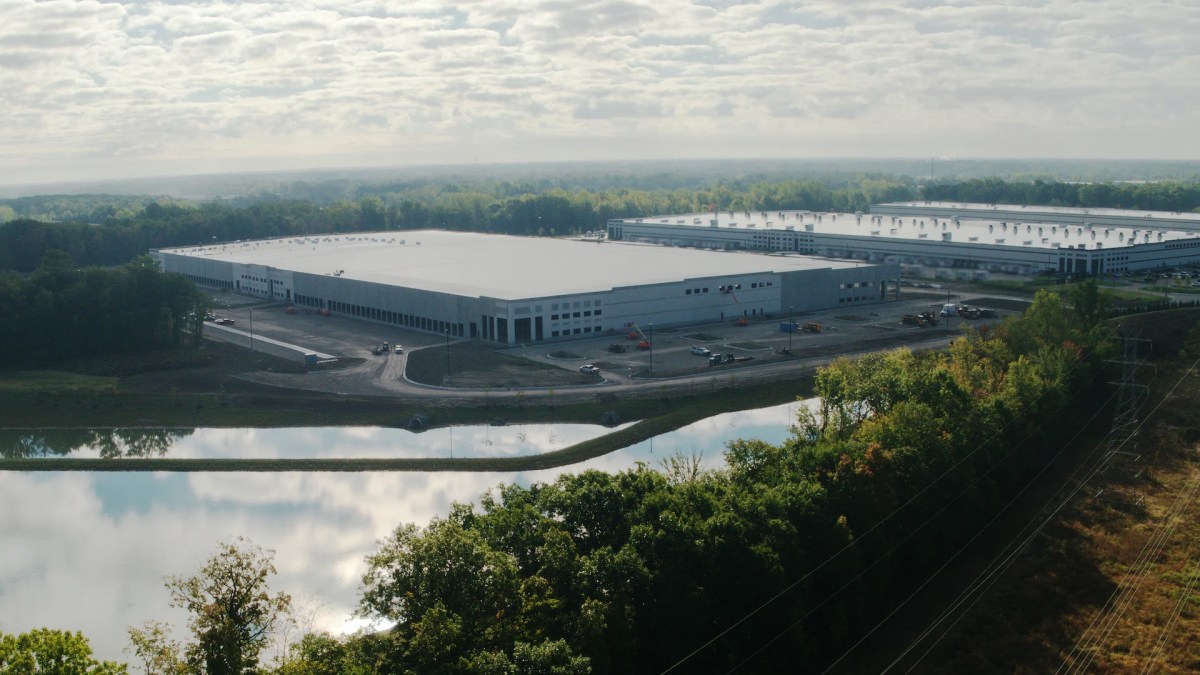The current battery boom might feel familiar to those who lived through the clean tech bubble that burst a decade ago, with an awful lot of money being invested in what are still nascent markets.
But certainly they’re bigger this time around: The number of electric vehicles on the road has more than doubled in the last seven years, for example, and demand doesn’t seem to be slowing. Market share for EVs has been growing even as the overall automotive market has softened in recent years.
It’s been enough to convince automakers and battery companies to commit nearly $300 billion to building a raft of gigafactories around the world, including more than $38 billion here in the U.S. alone. That confidence has cascaded through the market, driving waves of investment that have resulted in over $42 billion in venture and private equity capital committed to battery research, development, commercialization and manufacturing.
For battery startups like Michigan-based Our Next Energy, betting it all on the automotive market, which is notoriously fickle, can be a risky proposition. Demand for cars and trucks often craters when the economy tumbles. EV sales have been historically tied to an even more volatile indicator: gas prices. And as COVID showed, just a few ripples in the automotive supply chain can send shockwaves through the market. The automotive market has a lot of volume, sure, but that doesn’t make up for the fact that margins are typically thin.
As investments go, the automotive sector doesn’t seem like a great place to make massive, long-term bets like the kind required for gigafactories.
And yet the money keeps flowing, and companies like ONE and its investors are increasingly confident that this round of climate tech investments will turn out very differently from the last. What’s behind that bravado?
